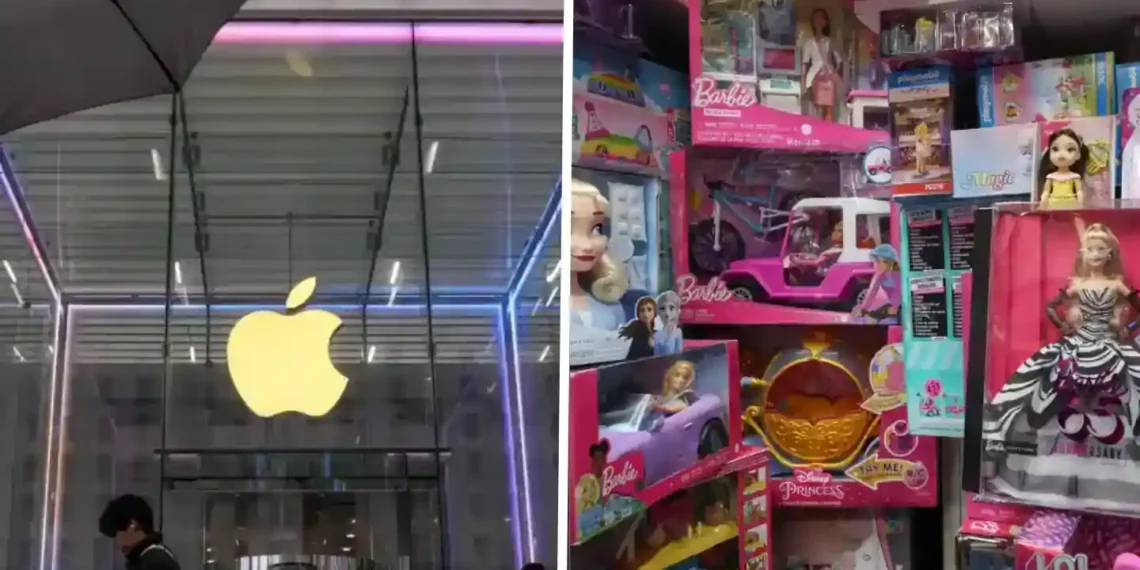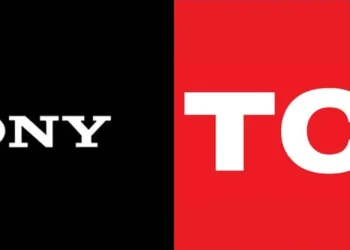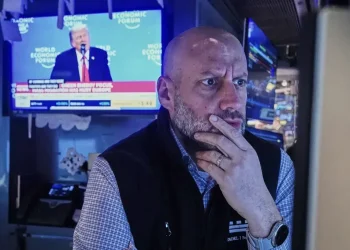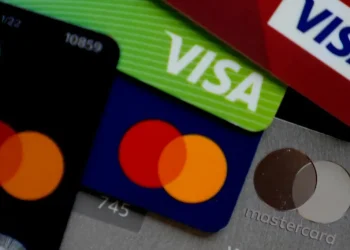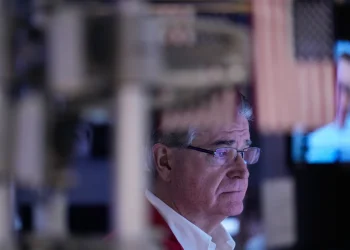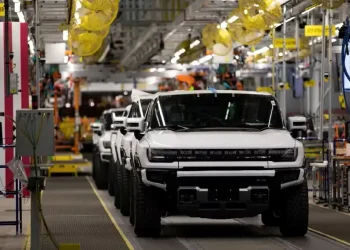Trump’s Tariff Threats Target Apple and Mattel — But Will They Stick?
President Donald Trump is once again wielding his favorite trade weapon: tariffs. But this time, he’s setting his sights on two very different American companies — tech giant Apple and toy maker Mattel — threatening hefty tariffs over comments made by their CEOs.
The Tariff Threats: Apple and Mattel in the Crosshairs
In recent weeks, Trump publicly warned that Apple could face a 25% tariff on imported iPhones if the company doesn’t manufacture them in the United States instead of India. On social media, Trump made it clear: “If that is not the case, a Tariff of at least 25% must be paid by Apple to the U.S.”
He later softened this by saying any such tariffs would apply to all imported smartphones — including competitors like Samsung — to keep things “fair.” Still, smartphones have largely been exempt from Trump’s previous China tariffs, so this move would mark a shift.
Meanwhile, Mattel caught Trump’s ire earlier this month when CEO Ynon Kreiz mentioned that tariffs might force the company to raise toy prices and that shifting production back to the U.S. would be too costly. In response, Trump threatened a staggering 100% tariff on all Mattel toy imports, saying: “He won’t sell one toy in the United States… I wouldn’t want to have him as an executive too long.”
Legal Hurdles and the Limits of Presidential Power
Despite the grandiose threats, experts say Trump’s ability to single out companies for tariffs is legally shaky. A recent court ruling questioned whether the president can unilaterally impose tariffs without Congress’s approval — though that decision is currently on hold after an appeals court stepped in.
Trade attorney Lizbeth Levinson explains, “He doesn’t have the constitutional power to name names. Tariffs need to apply to an entire class of products, not just one company.” But she also adds, “Trump’s style has always been to act first and sort out the details later.”
What’s Really Going On?
Behind the scenes, the tariff threats may be less about actually slapping taxes on imports and more about squeezing these companies for concessions. The goal? To push Apple, Mattel, and others toward promises of more U.S.-based investment or to control how companies talk about price increases tied to tariffs.
Clark Packard, a trade expert at the Cato Institute, points out that imposing steep tariffs on iPhones would likely backfire politically. “The American public would be outraged if their iPhones got a lot more expensive,” he says. “So I don’t see specific action against Apple as likely.”
For Mattel, the national security rationale behind tariffs doesn’t apply — unlike smartphones, which might be scrutinized under Section 232 of trade law (used to justify tariffs for national security reasons). That makes imposing a 100% tariff on toys even less probable.
Trump’s Tariffs as Negotiation Tools
Levinson suspects the real aim isn’t to shut down imports entirely but to force companies to “blink.” If Mattel, for example, agrees to move even a small fraction of its toy production to the U.S., Trump can claim victory. The same applies to Apple and the tech sector.
“I’ve had clients calling me, panicked about these threats,” Levinson says. “But honestly, many of these tariffs were never going to go into effect.”
The Takeaway
Trump’s tariff threats against Apple and Mattel highlight his ongoing strategy of using tariffs as leverage rather than as actual trade policy. While the legal and practical obstacles to imposing these specific tariffs are significant, the president is clearly willing to push the envelope to try to force companies to follow his vision for American manufacturing.
Whether these threats translate into real economic impact or just another round of political posturing remains to be seen. But for now, Apple fans and toy lovers alike can breathe a little easier — the tariffs, for now, remain more bark than bite.
This article was rewritten by JournosNews.com based on verified reporting from trusted sources. The content has been independently reviewed, fact-checked, and edited for accuracy, neutrality, tone, and global readability in accordance with Google News and AdSense standards.
All opinions, quotes, or statements from contributors, experts, or sourced organizations do not necessarily reflect the views of JournosNews.com. JournosNews.com maintains full editorial independence from any external funders, sponsors, or organizations.
Stay informed with JournosNews.com — your trusted source for verified global reporting and in-depth analysis. Follow us on Google News, BlueSky, and X for real-time updates.
